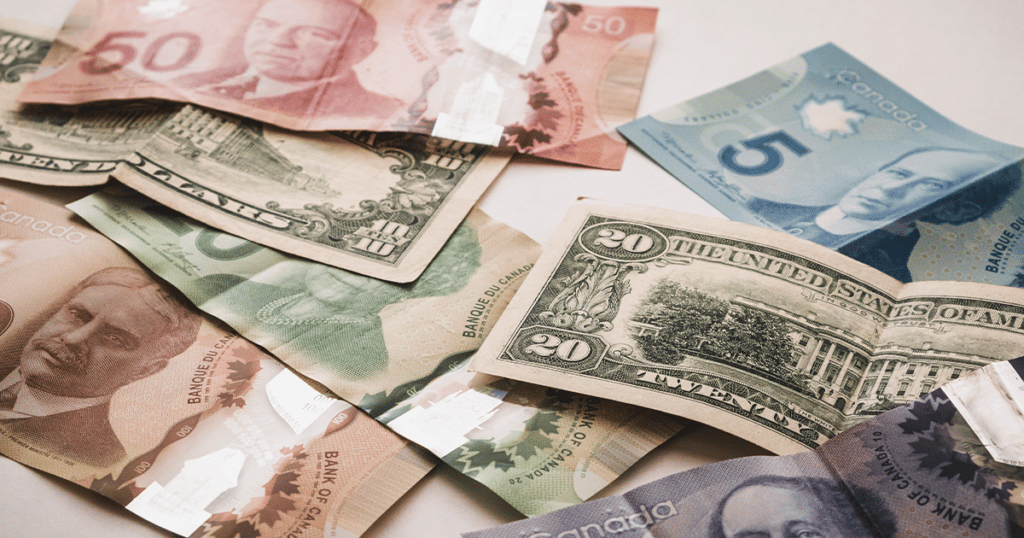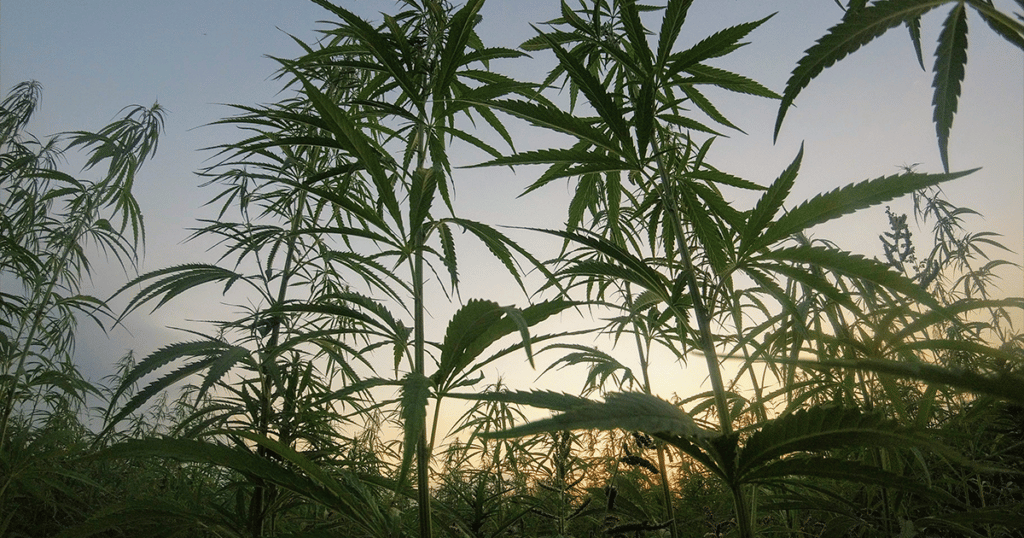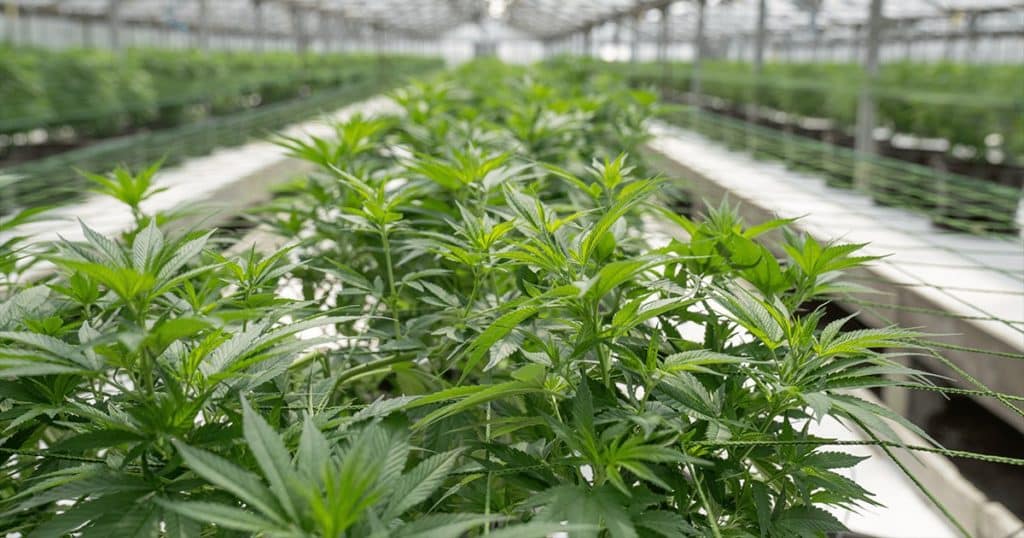Many Canadian cannabis businesses cannot pay their federal excise taxes by the deadline. This is a sign that cannabis companies are starting to struggle and defer their tax bills to make ends meet.
Marijuana industry officials have stated that unpaid taxes amounted to nearly 100 million Canadian dollars (USD 72.4 million) in the fiscal year’s first half of the federal government. The debt is beginning to signal the start of a financial crisis for licensed marijuana producers, who are urging the federal government to reconsider how the cannabis tax is calculated.
The unpaid tax bill is significantly larger than 2021’s total of 52.3 million Canadian dollars.

It is estimated that 172 cannabis businesses have an excise tax deficit to the CRA (Canada Revenue Agency) as of September 2022. The end of the federal government’s fiscal year is the 31st of March, 2023.
At the halfway point of the fiscal year, 259 marijuana licensees were required to remit their excise duty under the Excise Act.
Roughly two-thirds of the Canadian marijuana businesses regulated by the federal government find making ends meet difficult.
The current number of cannabis businesses with tax-related debt has doubled yearly since Canada’s adult-use legalization in 2018.
Sensi Brand’s CEO, a cannabis company based in Toronto, stated that the increase in companies falling behind on their taxes doesn’t come as a surprise.
Anthony Giorgi, the CEO of Sensi brands, stated, “When you factor in the price compression, the federal and provincial excessive taxation and the current provincial distribution fees, as well as other factors, there is not a lot of financial margin left for businesses. These factors force licensed cannabis producers to prioritize their current payables to stay in business.”
“Cannabis businesses are essentially using their CRA excise tax as a form of working capital. Companies need the capital to make sure the company stays running,” Giorgi concludes.
Anthony Giorgi currently holds a seat on the Cannabis Council of Canada board. The Cannabis Council of Canada is a gathering of cannabis industry leaders in Ottawa, Ontario.
Canada’s excise duty currently imposed on cannabis producers’ dried marijuana is either one Canadian dollar per gram, or 10% of the value of a gram of cannabis. The monetary value is assigned to the more considerable amount.
Cannabis industry officials have stated that the growing unpaid bills stem from the Canadian cannabis industry struggling to break even financially.
Cannabis officials point to various factors that contribute to the financial fragility of the cannabis industry:
- Mounting tax debts.
- Severe price compression reduced the average marijuana price/g to roughly 50%. As of December 2021, the prices per gram were CAD5.66.
- 66% of all Canadian marijuana businesses have an outstanding tax debt as of September 2022.
- The number of licensed producers entering the cannabis market exceeds that of existing cannabis producers.
- Canadian provincial governments are claiming too much financial margin, leaving little remaining capital for well-run businesses.
- Most of the biggest LPs continue to sell their products at a massive loss, undercutting smaller producers.
- The federal government has invested hundreds of millions of Canadian dollars in free COVID-19 pandemic funds into the most prominent producers, creating a worsened cannabis oversupply problem.
Cannabis businesses currently owe CAD 97.5 million from the first six months of the current federal fiscal year.
If the current rate of excise tax debt continues to increase, the total tax debt is expected to reach CAD 200 million before the end of the federal fiscal year in March 2023.
The vice president of the Cannabis Council of Canada, Pierre Killeen, stated that the overdue excise tax duties are the “canary in the coal mine” for the financial crisis facing the legal cannabis market and industry.
The data currently underscores the need for urgent action at the provincial and federal government level, where legalization’s public health, safety, and economic gains are hanging in the balance, Killeen concludes.

Enjoyed that first hit? Come chill with us every week at the Friday Sesh for a freshly packed bowl of the week’s best cannabis news!

















